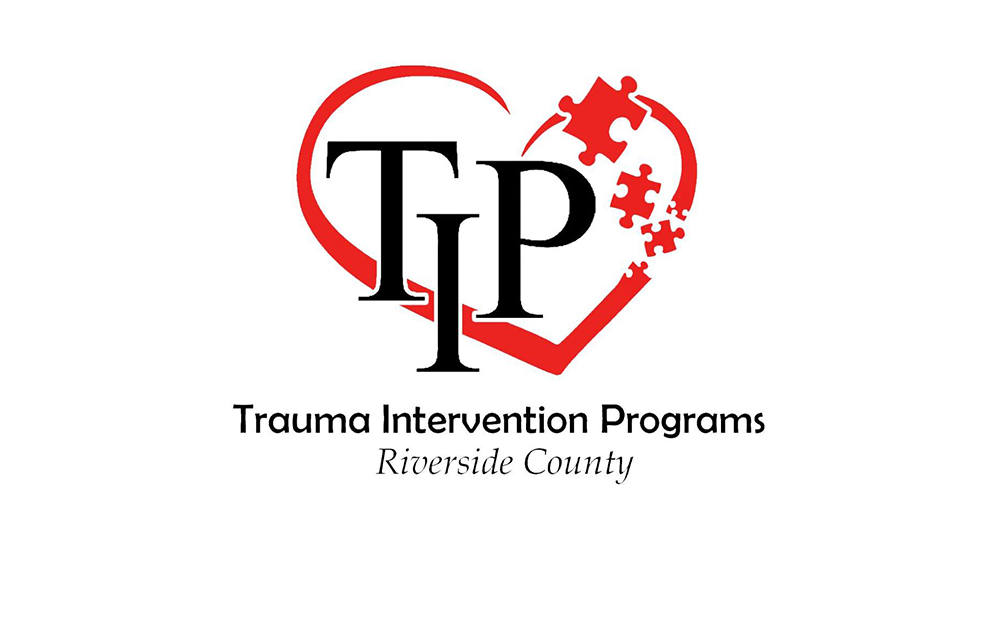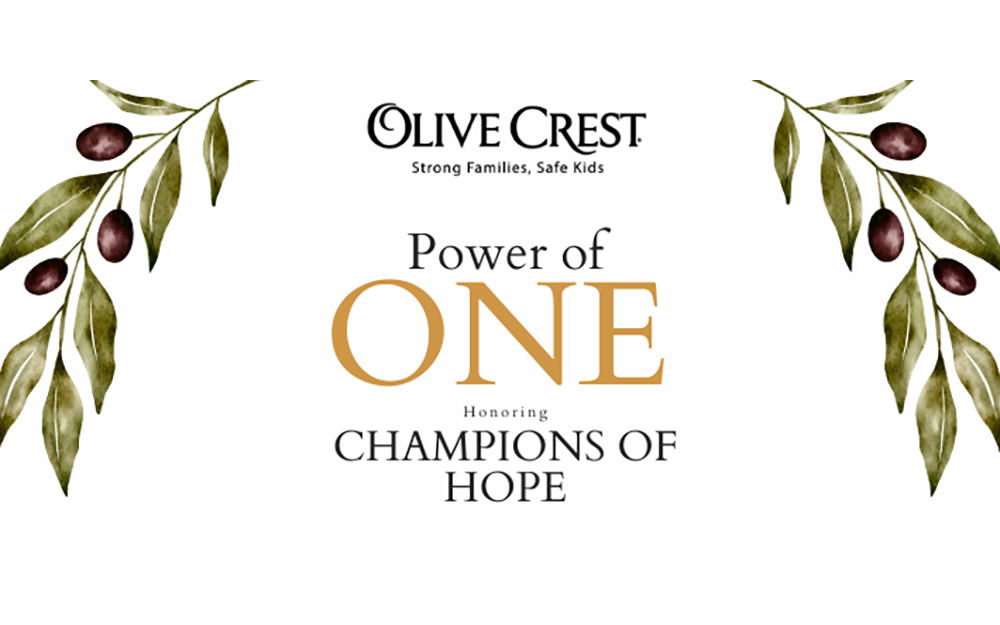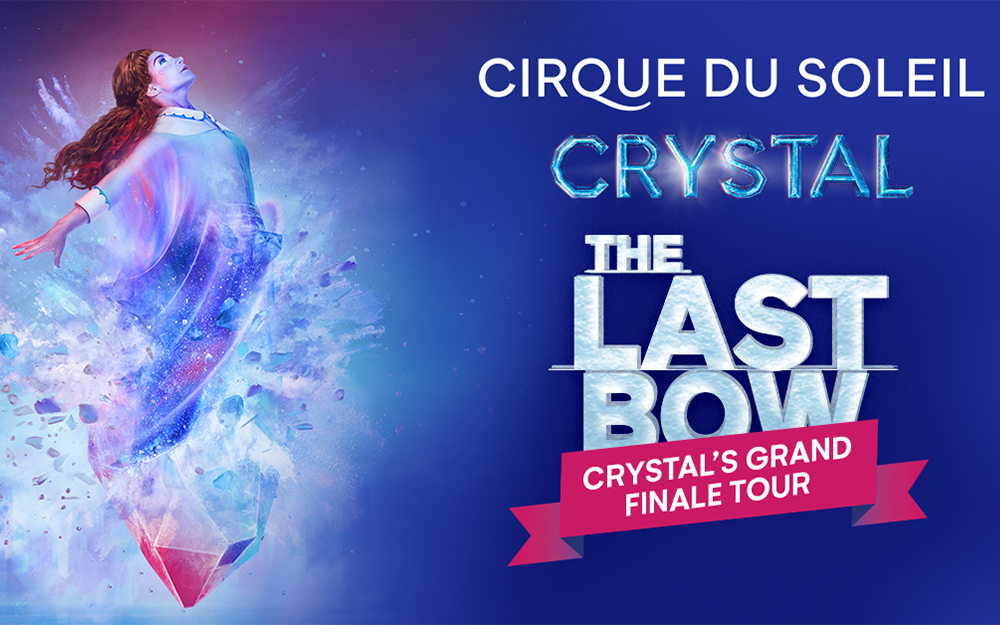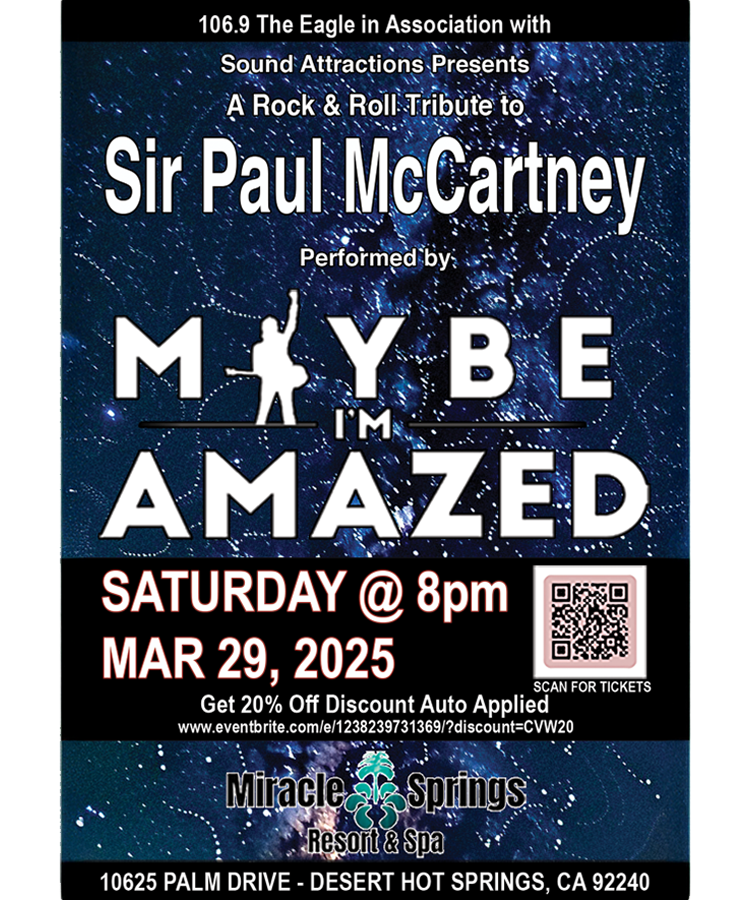
By Tiar’a Literary & Illustration
Over the trajectory of the past thirty years it has, and it is becoming increasingly
un-common to encounter a true role model within the world of entertainment. Many may disagree and debate this to be an unsubstantiated statement, yet all one must do is research any supposed entertainment “role model”, and the Truth will rapidly present the contrary. Consider professional wrestling’s “Stone Cold” Steve Austin – an anti-hero that drinks beer, cusses, speaks in a less-than-educated manner and hits people. At this juncture it may be safe to simply conclude this article and say, “Case closed. Until next time” – however, that would not suffice.
The way the “business” of “show” business is established provides creators a unique prostration of influence unlike any other and transmit ideas throughout a global landscape. Consider how one video, one article, one childish tweet, meme, or silly Facebook post can trailblaze [or spread like cancer] across the planet in a single hour. Such a sad state is the foolishness of some that can, within seconds cause global destruction. Weapons of war suddenly appear far less potent and far more primitive. Something to ponder.
A role model, as currently defined by the Oxford Dictionary describes them as: “A person that people admire and try to copy”. Examples: “We need positive role models for young women to aspire to. Parents are a child’s primary role models”. It’s safe to say that Oxford’s definitions have been significantly dumbed down, and apparently additionally support a form of plagiarism [“copy”]. Transcribing Oxford’s definition of a role model more truthful and accurately written would read: “An individual that you admire and attempt to emulate. Young women [and men] need respectful and morally decent role models. Parents are a child’s primary role models. Therefore, parents should behave in a morally decent and respectful manner whenever in the presence of children”.
We see how over time even the very definition of the word “role model” has been dwindled and reduced to one or two adjectives that in no way support the heavyweight punch of what it means to be a true role model. Being “positive” is a wide-open statement. It could be interpreted as “someone who always laughs and jokes around”. It does not mean that said person is a role model. Some of the heftiest scumbags on this earth enjoy laughing and being merry, yet behind-the-scenes cheat, cuss, make lude remarks, backstab, lie, murder, and the list goes on.
Words are extremely valuable and poignant. Without words nothing on earth would ever get accomplished. Words can build up and can tear down in an instant. Many say that words are the greatest weapon. After all, “The tongue is a two-edged sword”.
Given these modern loose and highly skewed definitions of the term “role model”, it does not require a mathematician to calculate that eventually these definitions will blur the reality of what humans perceive them to identify. If you repeat something long enough and aren’t strong-willed, eventually you may end up believing it. Over the last thirty years, humans have believed “the hype”. If they act “positively” and don’t complain about any moral or ethical issues that may cause arguments and be perceived as “negative”, they can be classified as role models. This could not be farther from the Truth.
Not suggesting or giving glory in any way whatsoever to what we are about to delve into, but during the late nineteen seventies and onward into the early nineteen eighties, role models created and displayed for film and television, unanimously acted like the traditional definition of a role model. These entertainment role models were not “always” positive. They did not “always” agree with everyone’s opinion, they were not always loved, and they based their emphasis upon moral and ethical values. These role models presented life-long learning lessons to better the individual. These morals and ethics we speak of are buried deep within everyone’s core on a level that does not need to be taught.
Superman The Movie (1978), for example [and not glorifying the fictitious character, or its story in any way], was the beginning of what would be a series of Superman films. The fictitious title character Superman exuded moral and ethical decency. In fact, the character of Superman corrected himself in Superman 2 (1980). After forsaking his duty to help mankind to selfishly engage in a romance with Lois Lane. The character Superman apologized to his “father”, renounced his relationship to Lois, and went back to helping mankind. Thus, his character sacrificed his “self” for the greater good. Today’s fictitious Superman character would never do such a thing.
A true role model is never broadly considered cool or relevant. They may be admired [by a select few during their mortal lives], and those who observe find it exhaustingly difficult to emulate them. Often, true role models are outcasts.
Next time you hear someone say about a popular person, “That person is a role model”, think twice. The likelihood is that person is merely a people-pleaser or “yes” person. True role models, much like the 1978 film franchise expression of the fictitious Superman – but far better and far greater, still – the real-life Good Lord, Jesus Christ. Christ stands out not because He acted cool, made people laugh, or because of the way He dressed, or combed His hair. He was humble, held morals, ethics, and the needs of others above themselves, and above all else.
Media & Press Inquiries: tiarapublications@gmail.com










































